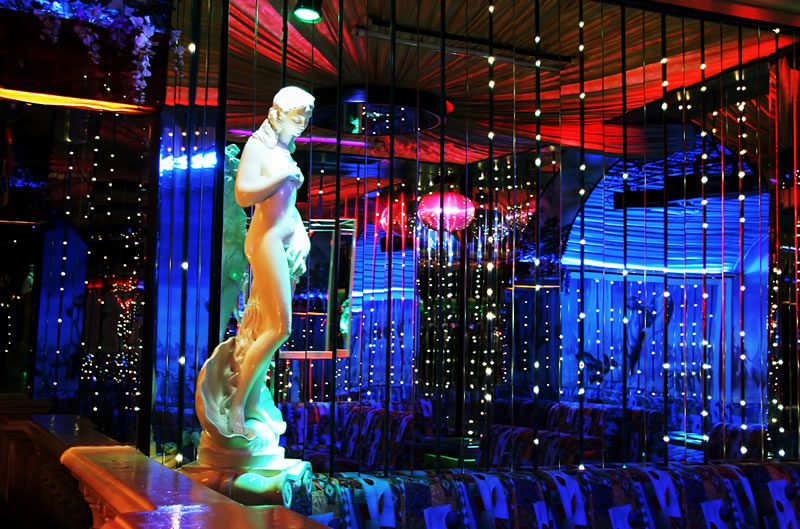Stuttering the hits from Buddy Holly to John Lennon.
Can one copyright a stutter? What is a “stutter?”
A stutter, according to Dictionary.com, is “the act or habit of stuttering.” As a verb, stutter means, “to speak in such a way that the rhythm is interrupted by repetitions, blocks or spasms…” “Spasms” might help describe stutter as well (especially in the music below).
I am interested in slightly modifying the Dictionary dot com definition of stutter by changing the verb at the beginning of the definition of stutter from
“to SPEAK in such a way…”
to
“to SING in such a way…”
Is a stutter unmusical? Could something as unmusical as a stutter be subject to copyright protection? If a stutter is sung, is it more likely to be musical? If a stutter is musical, is it more likely copyrightable? Could “stutter” be simply a stutter, or a well-crafted, complex vocal articulation that is musical, difficult to reproduce and original expression that is subject to copyright protection?
______________________________________________________________________
Buddy Holly wrote and recorded Rave On in 1958. It opens with Buddy Holly singing the word, “well,” in a stuttered, polysyllabic, prolonged fashion. Holly’s articulation of “well” seems to take seven (7) syllables and notes rather than the one (1) syllable a listener would likely expect. By performing/singing “well” in this manner – a stutter/spasm – has Buddy Holly created original expression? The seven (7) articulations of “well” constitute a seven-note melodic phrase. Although this melodic phrase is short in duration, is it original expression? Is it copyrightable? Is a stutter copyrightable expression? Could any stutter conceivably be copyrightable expression?
John Lennon also turned a single syllable into a precocious, stuttering (and stunning?) musical moment. John Lennon wrote and recorded Dear Yoko in 1980. At 0.11 of Dear Yoko, Lennon sings “well” also as a seven (7) syllable seven (7)-note “well.”
“Well, even after all these years I miss you when you’re not here, I wish you were here my dear Yoko…”
But to reiterate, Buddy Holly wrote and recorded Rave On in 1958, twenty-two (22) years before John Lennon’s Dear Yoko. At 0.00 of Rave On, Holly sings “well” also as a seven (7) syllable seven (7)-note “well.”
“Well, the little things you say and do, make me want to be with you, rave on it’s a crazy feeling and I know it’s got me reeling…”
It is obvious that John Lennon’s 1980 polysyllabic, “well,” is extremely similar to Buddy Holly’s 1958 polysyllabic, “well.”
______________________________________________________________________
Is this similarity a problem?
Is the polysyllabic, “well,” copyrightable expression?
Did John Lennon COPY Buddy Holly or was this independently created?
Does copying the polysyllabic, “well,” constitute copyright infringement?
Is this an example of John Lennon parodying Buddy Holly?
Is this an example of John Lennon satirizing Buddy Holly?
Is this an example of John Lennon honoring Buddy Holly?
Is this an example of John Lennon paying tribute to Buddy Holly?
Would it make a difference, in terms of potential copyright problems, if John Lennon is honoring or criticizing Buddy Holly?
How similar are the songs aside from the polysyllabic “well“?
Does John Lennon’s song, aside from the polysyllabic “well,” infringe the copyright in Buddy Holly’s song?
______________________________________________________________________
These are a few questions (of potentially many more) about these moments in these two songs.
I look forward to your responses.
______________________________________________________________________


